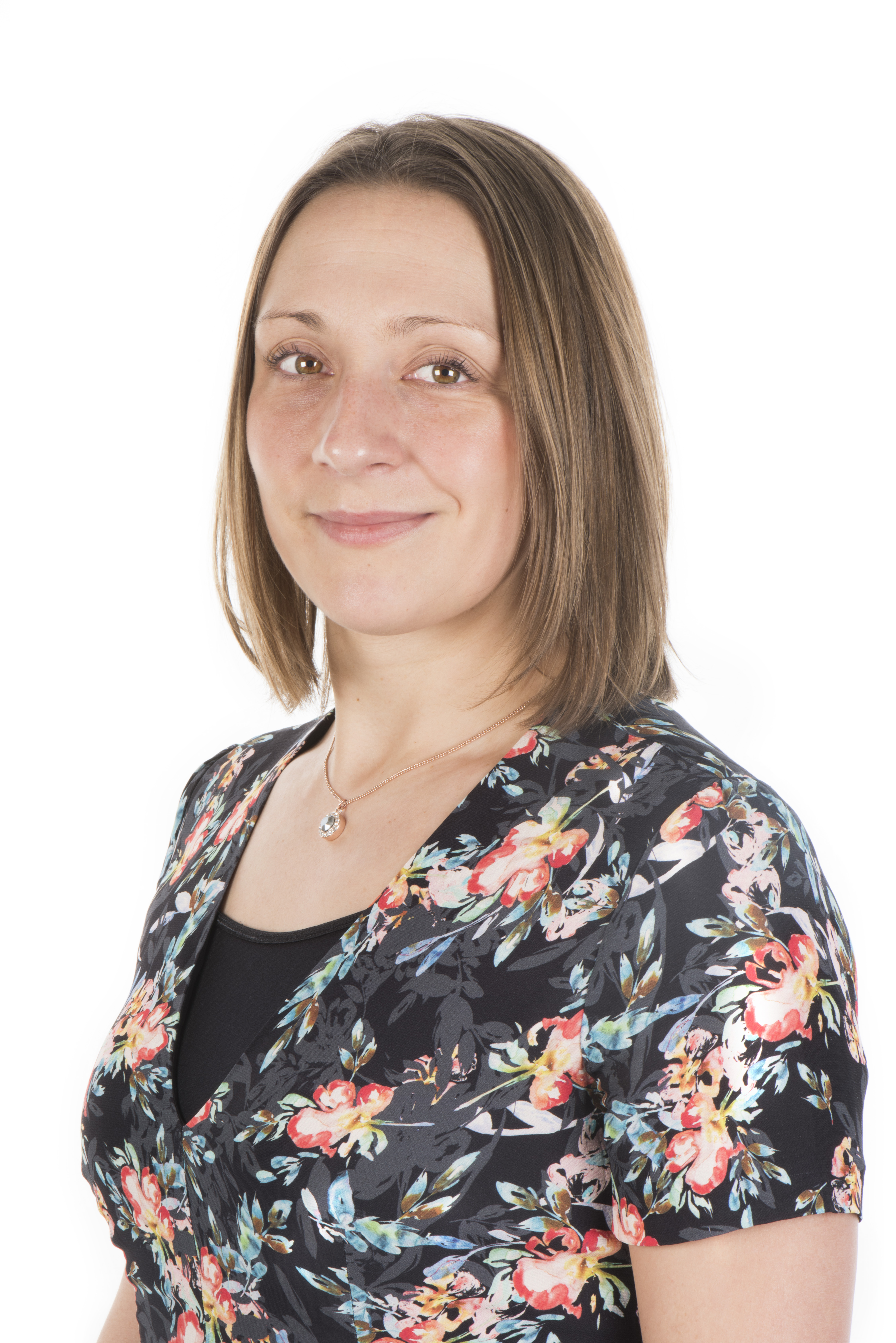Q&A with CHEST Foundation Grant Winner Diana Crossley, MD
By: Vanessa Claude
February 12, 2018
Diana Crossley, MD, is the winner of the 2017 CHEST Foundation and the Alpha-1 Foundation Research Grant in Alpha-1 Antitrypsin Deficiency. We were able to catch up with Dr. Crossley at the 2017 CHEST Annual Meeting. Read our follow-up interview with Dr. Crossley on her research project and how winning her grant has impacted her and her work.
Can you tell us a little about your project?
With the help of this funding from the CHEST Foundation and my own university, I’ve developed a project where we will scan 15 patients living with alpha-1 antitrypsin deficiency, using the hyperpolarized xenon on an MRI scanner. We will compare these scans to their quantitative CT scans, their lung function tests, and their quality of life scores.
This is a small pilot-study looking to quantify emphysema using functional MRI, and in particular, through a technology called hyperpolarized gas. In essence, it labels the xenon; I ask the patient to breathe the gas in and out and I can see in real time where the gas is going in their lungs. So, it has massive potential for actually mapping regional ventilation in the lungs.
Why are you so passionate about this area of medicine specifically?
For the past 2 years I’ve been working almost exclusively with patients who have alpha-1 antitrypsin deficiency. I’ve always felt that, in light of the lung volume reduction surgery (LVRS) National Emphysema Treatment Trial (NETT) trial that demonstrated those with basal emphysema have worse outcomes and higher mortality following surgery, alpha-1 patients with basal emphysema on CT scans are then are told by their physicians there is no more we can do.
I feel that there has to be something more we can be doing for those patients. This technology, hopefully, will allow us to fully visualize ventilation for alpha-1 patients to see if we can help prognosticate their surgical outcomes.
"I feel that there has to be something more we can be doing for those patients."
How has this award impacted your work?
Having this CHEST Foundation grant, along with another grant that was awarded to me by my university, has allowed me to do a completely independent pilot study. I was just short-listed for a clinical lecturer post at my university and what that would mean is I could potentially go on and be the lead for quantitative imaging at my institution.
In my mind, I want to use these investigations mainly for assessing patients pre- and post-operatively, including thoracic surgery and LVRS. So, this grant has really added gravitas to my project and to quantitative imaging overall. Without this grant, I don’t think I would have been given such a boost.
Have you encountered any barriers since starting this research?
The biggest barrier is getting people on board, setting the meeting. I’ve got this great idea, but the number of emails you’ll send that people will never reply to, the calls you’ll make to their secretaries that are not returned…eventually, something will drop and you will get in. The barrier in most research is just getting that first meeting, but once you are in and you can show them that you are trustworthy and can deliver results, there is no limit.
Do you have any advice for future grant applicants?
Just have faith in yourself and your project. The worst thing you can say to me is, “You can’t do it; don’t even bother applying.” That just really gives me the drive to prove I can. If you are passionate about it, make it happen. This was one of the first grant applications I applied for. It meant I got to work alongside my professors, and it was an invaluable lesson in grant writing. Just getting to draw on the knowledge and skills of the people who just help train me was fantastic.
"The worst thing you can say to me is, “You can’t do it; don’t even bother applying.” That just really gives me the drive to prove I can."
Being from the UK, people told me when I was applying for this grant, “If you don’t have an American collaborator, there is no way you will be short-listed.” As you can imagine, it was really fantastic when I got the notification that I won the award.
Interested in applying for a 2018 CHEST Foundation grant? The grant cycle is now open through April 9, 2018. Learn more on how to apply.

Dr. Diana Crossley is a clinical lecturer in respiratory medicine at the University of Birmingham. She is in her final 18 months of training to become a respiratory consultant, and in her academic time she continues to research quantitative imaging and emphysema while delivering teaching within the medical school.